AFRICAN UNION TAKES ACTION, SUSPENDS NIGER FOLLOWING MILITARY COUP
The African Union (AU) has decided to suspend Niger, highlighting the recent military coup and underlining the importance of reinstating civilian rule.
The AU’s move is driven by the need to analyze the potential outcomes of any potential armed involvement in Niger, which is facing instability in the Sahel region.
The AU’s Peace and Security Council has tasked the AU Commission with evaluating the economic, social, and security consequences of deploying a standby force in Niger. This evaluation will be presented to the Council to address the divergent views within the AU on the viability of military intervention.
Niger’s military coup, which led to the ousting of President Mohamed Bazoum on July 26, prompted the Economic Community of West African States (ECOWAS) to consider forceful measures to reinstate him. As a last resort, ECOWAS agreed to activate a “standby force” with the goal of restoring democratic processes. While diplomatic efforts are ongoing, ECOWAS maintains its readiness to take action.
Within the AU, varying perspectives on potential military intervention have emerged, resulting in a recent meeting dedicated to the crisis. This internal divide underscores the intricate nature of the situation.
The coup in Niger has raised significant international concerns, particularly regarding the increasing jihadist insurgencies linked to groups such as Al-Qaeda and the Islamic State in the Sahel region.
Niger has encountered a series of challenges, becoming the fourth West African country to undergo a coup since 2020, following similar events in Burkina Faso, Guinea, and Mali. The leaders of the coups in Burkina Faso and Mali have strongly conveyed that any intervention in Niger would be seen as a “declaration of war” against their nations.
This marks Niger’s fifth coup since gaining independence from France in 1960. President Mohamed Bazoum’s election in 2021 had been a significant achievement, symbolizing the country’s peaceful transition of power. However, following the coup, President Bazoum and his family have been detained, sparking international concerns about their welfare and treatment.

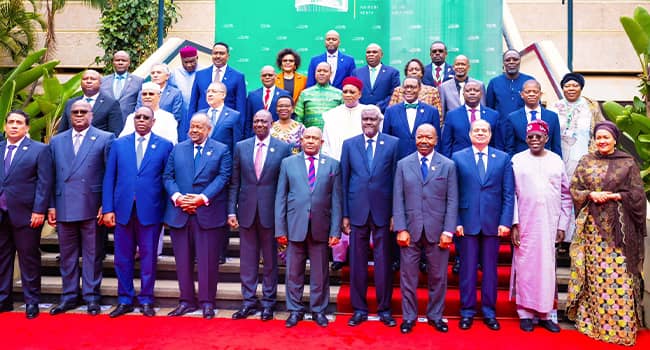


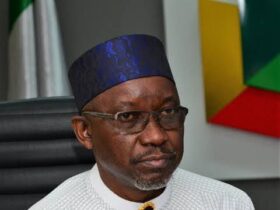
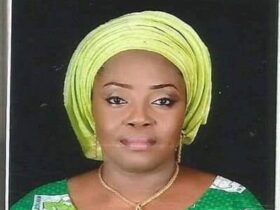
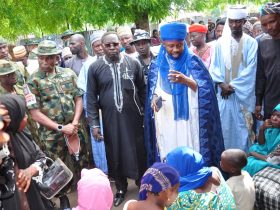
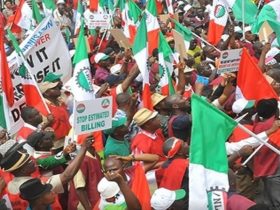

Leave a Reply